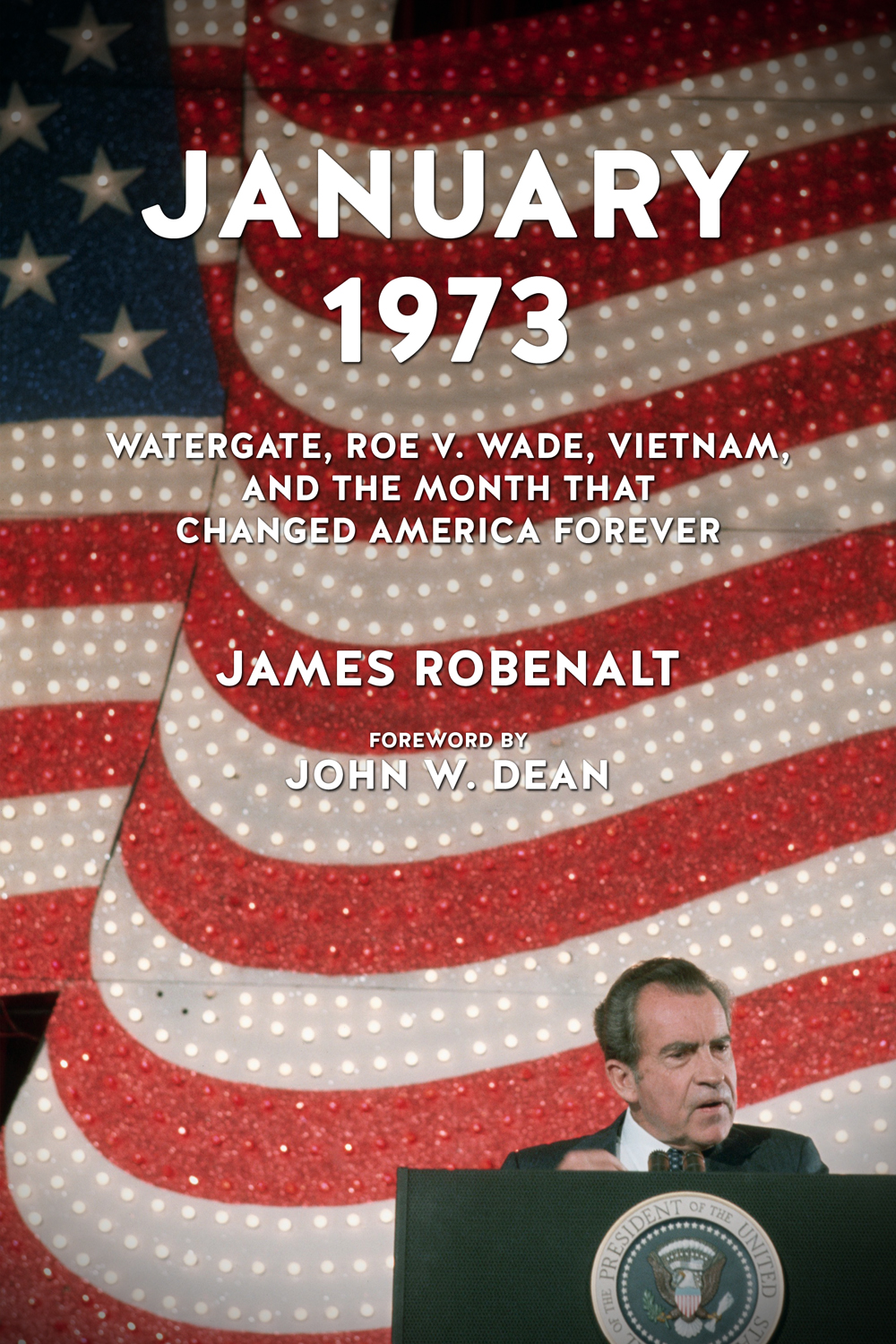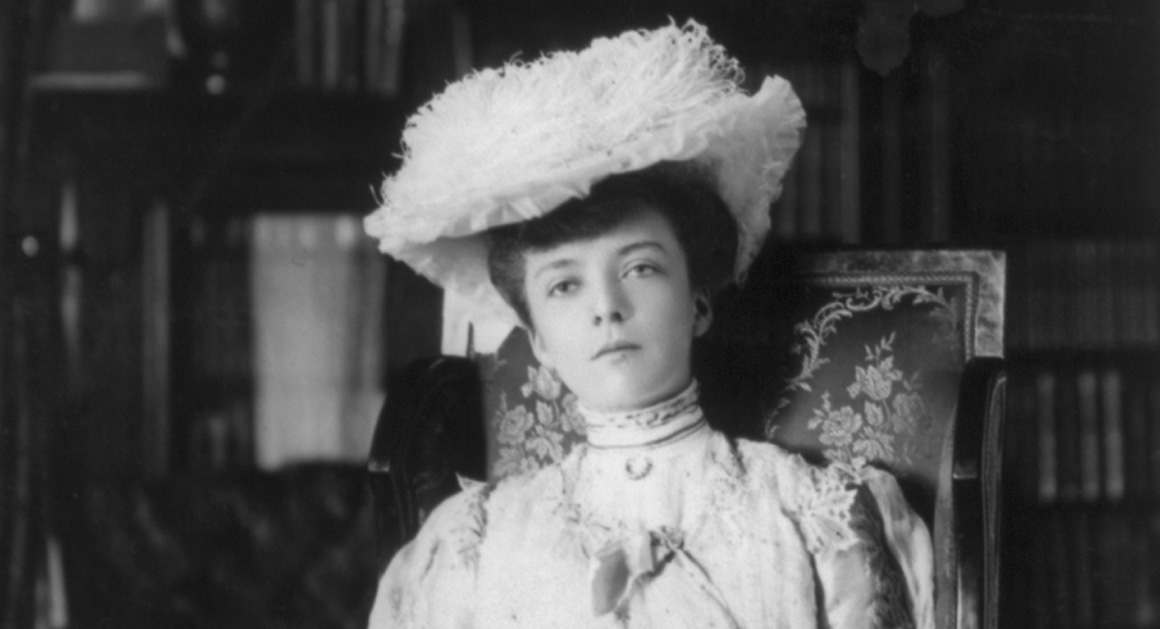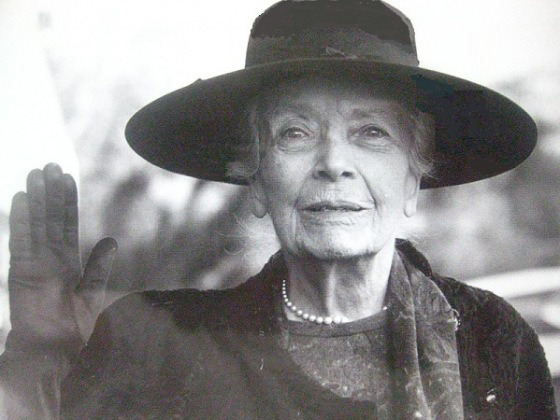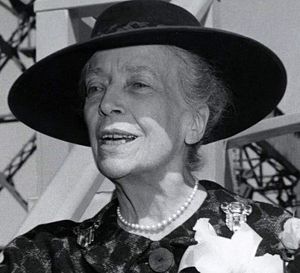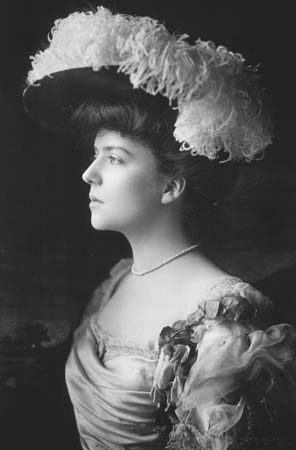

























January 1973. Christmas bombings of North Vietnam
Prologue
This meeting on December 14, 1972 was recorded.
Kissinger had just returned from Paris, flying all night to get back to Washington. Nixon, Kissinger and Haig discussed their frustrations with the North Vietnamese and the fact that negotiations towards peace were moving backwards. This is the meeting where the fateful decision was made to bomb Hanoi and Haiphong using B-52s--the infamous Christmas bombings of 1972.
This sets up not only the final peace talks in January 1973, but lays the seeds for the Senate to vote to investigate Watergate and other abuses of presidential power during the 1972 elections.
January 1973. Christmas bombings of North Vietnam
Prologue
This meeting on December 14, 1972 was recorded.
Kissinger had just returned from Paris, flying all night to get back to Washington. Nixon, Kissinger and Haig discussed their frustrations with the North Vietnamese and the fact that negotiations towards peace were moving backwards. This is the meeting where the fateful decision was made to bomb Hanoi and Haiphong using B-52s--the infamous Christmas bombings of 1972.
This sets up not only the final peace talks in January 1973, but lays the seeds for the Senate to vote to investigate Watergate and other abuses of presidential power during the 1972 elections.

Tape of December 14, 1972
Tape 823-1.
An amazing tape
Tape of December 14, 1972
Tape 823-1.
An amazing tape
“The North Vietnamese are terrified of what we will do.”
Kissinger enters at 10:37 minutes into this tape from December 14, 1972 (you can move the tape forward or backwards by hovering the cursor along the conversation bar). "Hello Henry," Nixon greets him.
"You've been up all night," Nixon says, and then says, "this is so important, we may talk all day."
Put on some headphones and listen to how these three men made the decision to bomb Hanoi and Haiphong. You will have a front-row seat to history and the innermost workings of the presidency.
"We are dealing here with maniacs on both sides [meaning both North and South Vietnam]," Nixon says.

B-52s
Sustained Violence
Kissinger told Nixon that averaging 100 B-52s per night would be like a "four-thousand-plane raid in World War II."
"It's going to break every window in Hanoi." Kissinger added.
Nixon's reaction: "God damn."
B-52s
Sustained Violence
Kissinger told Nixon that averaging 100 B-52s per night would be like a "four-thousand-plane raid in World War II."
"It's going to break every window in Hanoi." Kissinger added.
Nixon's reaction: "God damn."
Sunday, December 17, 1972, the day before the start of the bombing. A most fascinating phone call between Nixon and Kissinger.
“What it really comes down to, Henry, is that, at the top of the heap, you’ve always got to have somebody that’s willing to step up and hit the hards ones”

Alice Roosevelt
December 18, 1972
On the evening the bombing raids commenced, Nixon dined in this room in the White House residence with Henry Kissinger and Alice Roosevelt Longworth, Theodore Roosevelt's oldest daughter.
The room before being converted to a dining room by Jackie Kennedy had been a bedroom, which Alice once occupied.
Alice Roosevelt
December 18, 1972
On the evening the bombing raids commenced, Nixon dined in this room in the White House residence with Henry Kissinger and Alice Roosevelt Longworth, Theodore Roosevelt's oldest daughter.
The room before being converted to a dining room by Jackie Kennedy had been a bedroom, which Alice once occupied.
Alice Roosevelt Longworth, 1884-1980.
Antique wallpaper installed in the dining room by Jackie Kennedy during the Kennedy restoration of the White House.

Truman's death
December 27, 1972
Pat and Richard Nixon file past Truman's bier at the Truman Library in Independence, Mo.
Truman's death
December 27, 1972
Pat and Richard Nixon file past Truman's bier at the Truman Library in Independence, Mo.
On the same day, Lyndon Johnson and his family pay respects at the Truman Library. Within a month, LBJ too would be dead, leaving Richard Nixon as the only living president, one of the few times such a condition has existed in American history.

January 1, 1973
January 1, 1973
The new year starts on a bright note with temperatures reaching the 60s in Washington.
A harbinger of what was to come: the night before baseball star Roberto Clemente's plane ditched in the ocean as he was flying to give relief to earthquake victims in Nicaragua.
January 1, 1973
January 1, 1973
The new year starts on a bright note with temperatures reaching the 60s in Washington.
A harbinger of what was to come: the night before baseball star Roberto Clemente's plane ditched in the ocean as he was flying to give relief to earthquake victims in Nicaragua.
Roberto Clemente's plane crashed on the evening of December 31, 1972. Nixon was told about it by his appointments secretary Steve Bull on the morning of January 1, 1973.

George Allen
Morning of January 1, 1973
Redskins' coach George Allen and his family visit President Nixon in the Rose Garden. The Redskins won the championship game against the Cowboys the day before to advance to the Super Bowl where they would face the undefeated Miami Dolphins.
George Allen
Morning of January 1, 1973
Redskins' coach George Allen and his family visit President Nixon in the Rose Garden. The Redskins won the championship game against the Cowboys the day before to advance to the Super Bowl where they would face the undefeated Miami Dolphins.

Mike Mansfield
January 2, 1973
Nixon meets with Mike Mansfield, the Senate Majority Leader (microphones in the wall sconces picked up the entire conversation).
Mansfield tells Nixon about Vietnam: "This is the end of the line." A Democratic House and Senate would vote to cut-off funding if the war was not concluded in January 1973.
Nixon's last word on Congressional interference with the delicate peace negotiations: "Don't let the Senate screw this up."
Mike Mansfield
January 2, 1973
Nixon meets with Mike Mansfield, the Senate Majority Leader (microphones in the wall sconces picked up the entire conversation).
Mansfield tells Nixon about Vietnam: "This is the end of the line." A Democratic House and Senate would vote to cut-off funding if the war was not concluded in January 1973.
Nixon's last word on Congressional interference with the delicate peace negotiations: "Don't let the Senate screw this up."

Nixon Last Call With LBJ
January 2, 1973
Nixon speaks with Lyndon Johnson for the last time by phone on January 2, 1973. The purpose of the call: to provide Nixon with cover so he could avoid attending Truman's memorial at the National Cathedral. If Johnson was not attending, Nixon would stay in the White House and send Vice President Spiro Agnew in his place.
Nixon Last Call With LBJ
January 2, 1973
Nixon speaks with Lyndon Johnson for the last time by phone on January 2, 1973. The purpose of the call: to provide Nixon with cover so he could avoid attending Truman's memorial at the National Cathedral. If Johnson was not attending, Nixon would stay in the White House and send Vice President Spiro Agnew in his place.
Lyndon Johnson tells Nixon he had been up all night with heart pains.
On January 2, 1973, Nixon asked the White House operator to get former President Johnson on the phone. Nixon was looking for cover--he did not want to attend Harry Truman's memorial service at the National Cathedral because of his animus for the Dean of the Cathedral, Francis Sayre, an anti-war activist (and Woodrow Wilson's grandson). Both LBJ and Nixon went to Independence, Missouri, the day after Truman died to pay their respects. Johnson tells Nixon that he had been up all night with heart pains and did not anticipate traveling to Washington. On a separate Oval Office tape directly after this call ends, Nixon says to Charles Colson, who had been sitting listening the entire time, that Johnson is a "hypochondriac." Johnson will die exactly 20 days later. This is their last call. Listen.

Harry's Lovely Farewell
January 5, 1973.
Harry Truman died the day after Christmas 1972. His memorial service in Washington is held at the National Cathedral on January 5, 1973.
Dean Francis Sayre, pictured here, Woodrow Wilson's grandson, presides.
Harry's Lovely Farewell
January 5, 1973.
Harry Truman died the day after Christmas 1972. His memorial service in Washington is held at the National Cathedral on January 5, 1973.
Dean Francis Sayre, pictured here, Woodrow Wilson's grandson, presides.
President Woodrow Wilson with grandson Francis Sayre, born in the White House to Wilson's daughter, Jesse Woodrow Wilson, in January 1915. "His face was wreathed in smiles for hours afterwards," according to press reports.

Truman's Memorial
January 5, 1973
Mamie Eisenhower, Clifton Daniel, Margaret Truman Daniel, Judy Agnew and Spiro Agnew at Truman's memorial in the Washington Cathedral.
Dean Francis Sayre said of Truman: "There were no wrinkles in his honesty."
Truman's Memorial
January 5, 1973
Mamie Eisenhower, Clifton Daniel, Margaret Truman Daniel, Judy Agnew and Spiro Agnew at Truman's memorial in the Washington Cathedral.
Dean Francis Sayre said of Truman: "There were no wrinkles in his honesty."

Vietnam, the war that had to end
The country was fed up with the Vietnam War.
It had to end. Nixon and Kissinger had important recorded conversations during January 1973 about ending the war, conceding that the peace likely would not last. But America had to get out.
Vietnam, the war that had to end
The country was fed up with the Vietnam War.
It had to end. Nixon and Kissinger had important recorded conversations during January 1973 about ending the war, conceding that the peace likely would not last. But America had to get out.

Watergate Burglars Trial
January 8, 1973.
The trial of the Watergate burglars starts in federal Judge John Sirica's courtroom. Howard Hunt pleads guilty, the Cubans follow. G. Gordon Liddy and wireman James McCord risk trial.
The saga of this trial has never before been told in detail. It is shocking. Sirica was more prosecutor than judge.
Behind the scenes Nixon will deepen his role in Watergate by agreeing to grant clemency to Hunt if he pleads guilty.
New transcripts, released in 2012, add to the understanding of this pivotal trial.
Watergate Burglars Trial
January 8, 1973.
The trial of the Watergate burglars starts in federal Judge John Sirica's courtroom. Howard Hunt pleads guilty, the Cubans follow. G. Gordon Liddy and wireman James McCord risk trial.
The saga of this trial has never before been told in detail. It is shocking. Sirica was more prosecutor than judge.
Behind the scenes Nixon will deepen his role in Watergate by agreeing to grant clemency to Hunt if he pleads guilty.
New transcripts, released in 2012, add to the understanding of this pivotal trial.

Last interview, LBJ with Cronkite
January 12, 1973
LBJ's "final interview" with Walter Cronkite.
Pictured here with Cronkite, Bud Benjamin and Jewel Malechek.
Malechek, an assistant at the LBJ Ranch, was the last person to see LBJ alive.
Last interview, LBJ with Cronkite
January 12, 1973
LBJ's "final interview" with Walter Cronkite.
Pictured here with Cronkite, Bud Benjamin and Jewel Malechek.
Malechek, an assistant at the LBJ Ranch, was the last person to see LBJ alive.

Nixon's Second Inaugural
January 20, 1973
Charles Colson, on the eve of Nixon's second inaugural, speaks with his boss at one in the morning.
Nixon's Second Inaugural
January 20, 1973
Charles Colson, on the eve of Nixon's second inaugural, speaks with his boss at one in the morning.
Nixon in the Lincoln Sitting Room in the White House residence. The phone pictured was on a recorded line.
At 1 a.m. on the morning of January 20th, 1973, President Nixon calls Charles Colson from the Lincoln Sitting Room in the White House Residence. This is an incredible call, less than twelve hours before Nixon's second inaugural.
Nixon reads parts of his "acceptance speech" to Colson, explaining that it is his intention to apply the Nixon Doctrine to domestic politics. Mocking Kennedy, he will say: "In our own lives, let each of us ask--not just what Government can do for me, but what I can do for myself."
It is the start of the "me generation" and the beginning of what will become known as the "Reagan Revolution." Listen.

Kissinger flies to Paris
January 22, 1973. 9 A.M.
The day. Starts with Kissinger flying off to Paris to initial the Peace Accords
Kissinger flies to Paris
January 22, 1973. 9 A.M.
The day. Starts with Kissinger flying off to Paris to initial the Peace Accords

Roe V. Wade
January 22, 1973. 10 A.M.
The United States Supreme Court announces its decisions in Roe v. Wade and Doe v. Bolton
Justice Lewis F. Powell, upper left, played a critical role, unknown to history
January 1973 tells the true story of how Roe v. Wade was really decided based on exlusive interviews with Justice Powell's law clerk from the time, Larry Hammond.
Roe V. Wade
January 22, 1973. 10 A.M.
The United States Supreme Court announces its decisions in Roe v. Wade and Doe v. Bolton
Justice Lewis F. Powell, upper left, played a critical role, unknown to history
January 1973 tells the true story of how Roe v. Wade was really decided based on exlusive interviews with Justice Powell's law clerk from the time, Larry Hammond.

Lyndon Johnson's death
January 22, 1973. 3 P.M.
LBJ dies on the same day Roe v Wade is decided. In this photo, a month before his death, he speaks at the Civil Rights symposium at the LBJ Library in Austin.
Lyndon Johnson's death
January 22, 1973. 3 P.M.
LBJ dies on the same day Roe v Wade is decided. In this photo, a month before his death, he speaks at the Civil Rights symposium at the LBJ Library in Austin.

Sarah Hughes
Interconnections
Judge Sarah Hughes, shown here swearing in LBJ on the day of the Kennedy assassination, would later be on the three-judge panel that decided Roe v. Wade at the trial court level.
Her decision was affirmed by the Supreme Court the same day that LBJ died.
Sarah Hughes
Interconnections
Judge Sarah Hughes, shown here swearing in LBJ on the day of the Kennedy assassination, would later be on the three-judge panel that decided Roe v. Wade at the trial court level.
Her decision was affirmed by the Supreme Court the same day that LBJ died.
The "Wade" in Roe v. Wade was Henry Wade, the Dallas District Attorney. The same Henry Wade who told the press in November 1963 that he thought Oswald was JFK's assassin.

Kissinger in Paris
January 23, 1973
Kissinger in Paris to initial the Peace Accords.
Shown here with Le Duc Tho, the lead negotiator for North Vietnam.
Both men would receive the Nobel Peace Prize. Le Duc Tho would refuse to accept his prize.
Kissinger in Paris
January 23, 1973
Kissinger in Paris to initial the Peace Accords.
Shown here with Le Duc Tho, the lead negotiator for North Vietnam.
Both men would receive the Nobel Peace Prize. Le Duc Tho would refuse to accept his prize.

LBJ's funeral
January 23, 1973
Lyndon Baines Johnson's remains are carried up the staircase of his presidential library on the campus of the University of Texas.
Just a month earlier, he attended the opening here of his civil rights papers in a symposium attended by the likes of Earl Warren, Vernon Jordan and Roy Wilkins.
LBJ's funeral
January 23, 1973
Lyndon Baines Johnson's remains are carried up the staircase of his presidential library on the campus of the University of Texas.
Just a month earlier, he attended the opening here of his civil rights papers in a symposium attended by the likes of Earl Warren, Vernon Jordan and Roy Wilkins.

Johnson lying in state
January 24, 1973
LBJ's remains lying in state in the Capitol Rotunda.
Nixon lays wreath.
Johnson lying in state
January 24, 1973
LBJ's remains lying in state in the Capitol Rotunda.
Nixon lays wreath.

LBJ burial in Texas
January 25, 1973
Lyndon Johnson is laid to rest in the Johnson Family Cemetery on the LBJ Ranch.
John Connally said: "He first saw light here. He last felt life here. May he now find peace here."
LBJ burial in Texas
January 25, 1973
Lyndon Johnson is laid to rest in the Johnson Family Cemetery on the LBJ Ranch.
John Connally said: "He first saw light here. He last felt life here. May he now find peace here."

Watergate burglars found guilty
January 29, 1973
The jury took 90 minutes to convict Liddy and James McCord, pictured here leaving the courthouse. McCord would break in March, fearing a long prison sentence. Nixon's presidency would sink thereafter, resulting in his resignation in August 1974.
Watergate burglars found guilty
January 29, 1973
The jury took 90 minutes to convict Liddy and James McCord, pictured here leaving the courthouse. McCord would break in March, fearing a long prison sentence. Nixon's presidency would sink thereafter, resulting in his resignation in August 1974.

John Stennis shooting
January 30, 1973
Kissinger tells Nixon in phone call that Senator John Stennis has just been shot.
Nixon will propose Stennis as a neutral to listen to his tapes to verify transcripts as a compromise with Special Prosecutor Archibald Cox in October 1973. Cox will reject the "Stennis Compromise" and Nixon will fire Cox in the so-called "Saturday Night Massacre."
Stennis was practically deaf and had been seriously wounded in January 1973.
John Stennis shooting
January 30, 1973
Kissinger tells Nixon in phone call that Senator John Stennis has just been shot.
Nixon will propose Stennis as a neutral to listen to his tapes to verify transcripts as a compromise with Special Prosecutor Archibald Cox in October 1973. Cox will reject the "Stennis Compromise" and Nixon will fire Cox in the so-called "Saturday Night Massacre."
Stennis was practically deaf and had been seriously wounded in January 1973.
This dramatic month ends with a mugging in Washington. Powerful Senator John Stennis is shot as he arrives home. Seriously wounded, he survives. Listen as Nixon gets the news from Henry Kissinger.
-
Still love this story https://t.co/ep85nYTu7o
-
RT @TheKingCenter: “I refuse to give up....I think in any social revolution the one thing that keeps it going is hope." #MLK https://t.co/mzLQps5fvT
